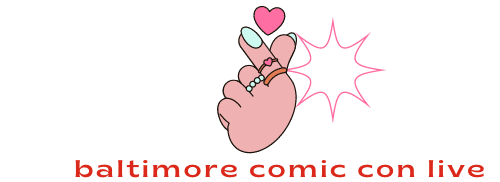The impact of personality tests on workplace dynamics and team building
In today’s diverse and fast-paced work environments, understanding team dynamics is essential for fostering collaboration and productivity. Personality tests have emerged as a valuable tool for gaining insights into individual behaviors, preferences, and communication styles. By helping teams understand each other better, these tests can significantly influence workplace dynamics and improve team building. This article will show how personality tests contribute to creating cohesive teams, improving communication, and ultimately enhancing workplace performance.
Fostering team cohesion
Personality tests play an important role in fostering team cohesion by highlighting the strengths and potential challenges of each team member. Understanding personality traits can provide valuable insights into how individuals interact with others, approach challenges, and make decisions in various situations. Extroverted individuals may thrive in roles that require constant interaction, while introverts might excel in tasks that allow for deep focus and independent work.
A voir aussi : What Is the Connection Between Oral Health and Heart Disease?
Moreover, when team members understand each other’s personality traits, they are more likely to appreciate diverse perspectives and approaches. This understanding reduces the likelihood of conflicts arising from misinterpretations or clashing working styles. For instance, a team member who is detail-oriented might initially find it challenging to work with someone who focuses on the big picture. However, personality tests can help both parties recognize the value each brings to the table, fostering mutual respect and collaboration.
Enhancing communication
Effective communication is the foundation of any successful team, and personality tests can significantly improve this aspect of workplace dynamics. By revealing how individuals prefer to communicate, whether they favor direct and concise exchanges or more nuanced and empathetic discussions, personality tests allow team members to adjust their communication styles accordingly. For example, understanding that a colleague prefers clear and straightforward instructions can help prevent misunderstandings and ensure that tasks are completed efficiently.
Lire également : Can Virtual Reality Exposure Therapy Effectively Treat Specific Phobias?
In addition to improving communication among peers, personality tests also help managers tailor their communication strategies to better motivate and support their teams. A manager who understands the personalities of their team members can provide feedback in a way that resonates with each individual. For instance, some employees might respond well to detailed constructive criticism, while others might prefer encouragement and positive reinforcement.
Building balanced and effective teams
Personality tests are also instrumental in building balanced and effective teams by ensuring a diversity of skills and perspectives. A well-rounded team typically includes a mix of planners, creative thinkers, strong communicators, and analytical problem-solvers. Personality tests help identify these traits, allowing managers to assemble teams where members complement each other’s strengths and offset potential weaknesses. This balance is key to achieving high performance and innovation in the workplace.
In summary, personality tests have a significant impact on workplace dynamics and team building. By fostering team cohesion, enhancing communication, and helping to build balanced and effective teams, these assessments are a powerful tool for improving workplace performance. As organizations continue to prioritize teamwork and collaboration, the use of personality tests will remain a critical component in developing strong, resilient, and high-performing teams.
